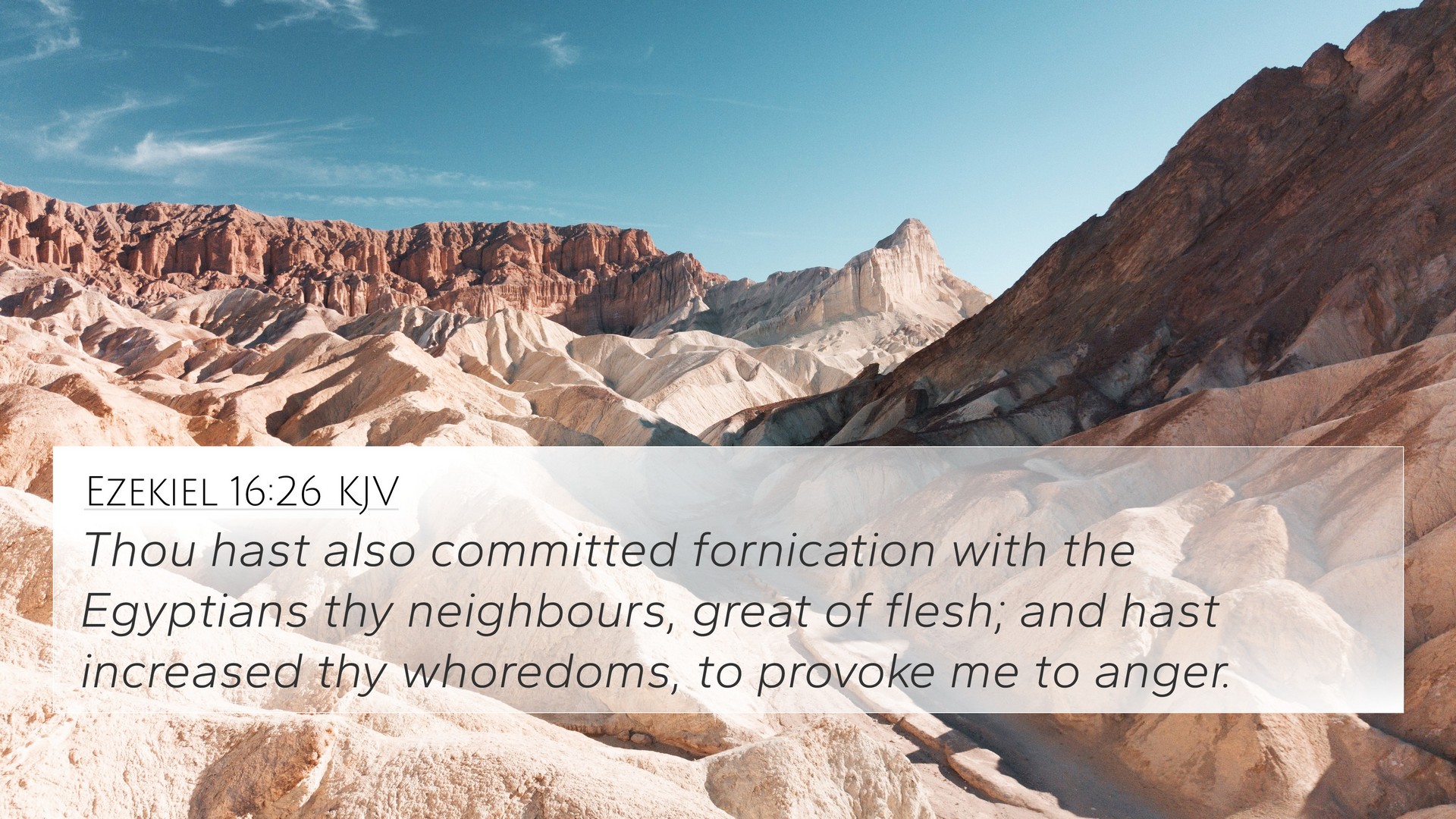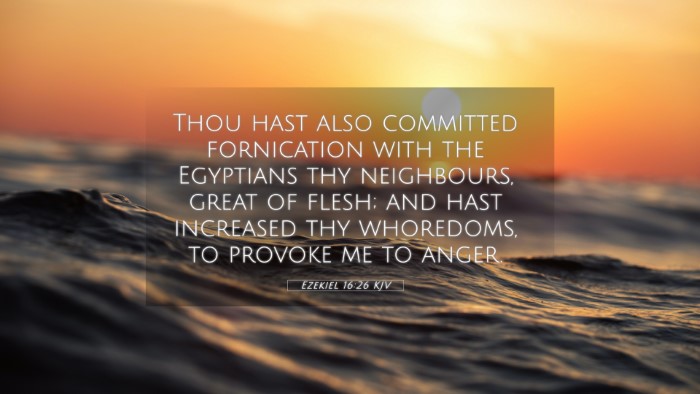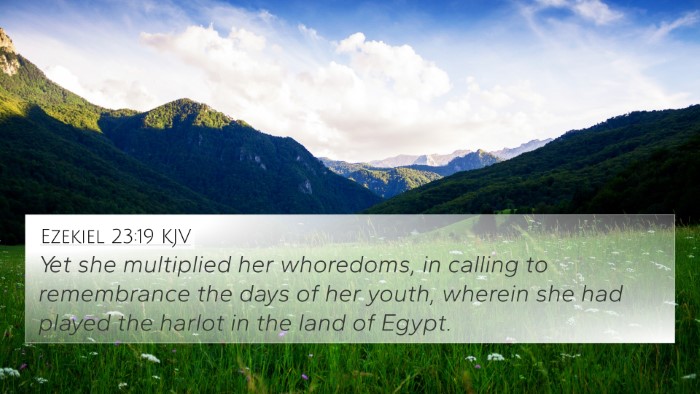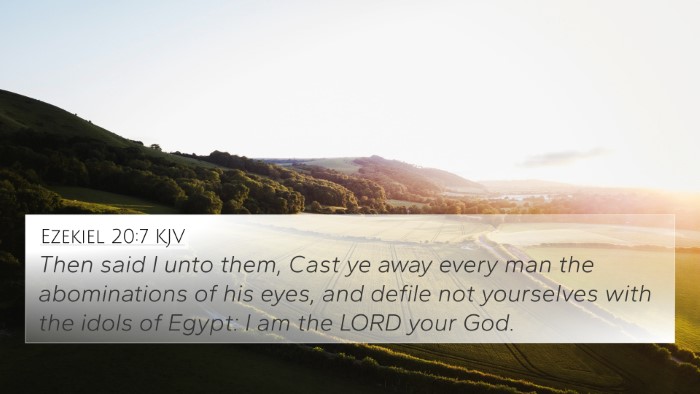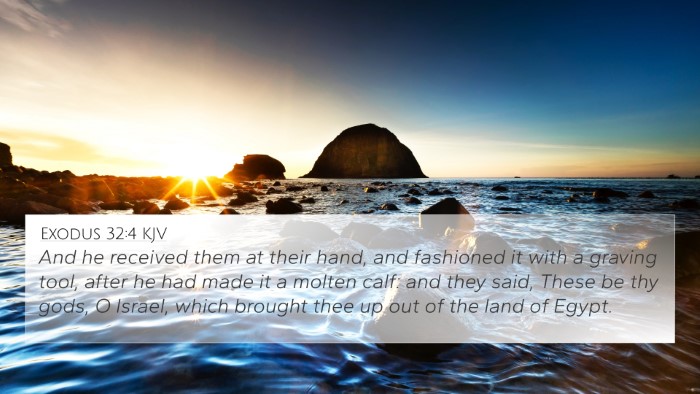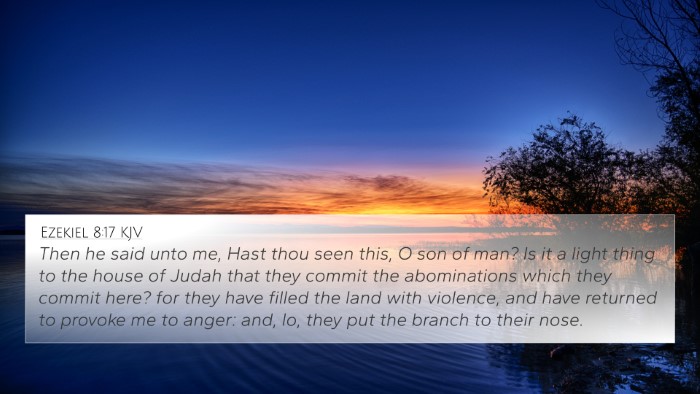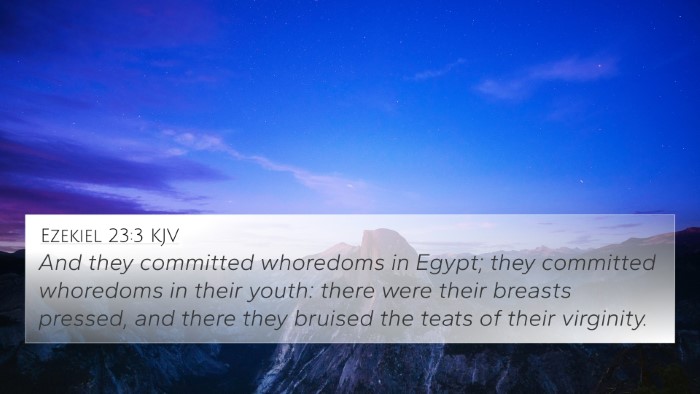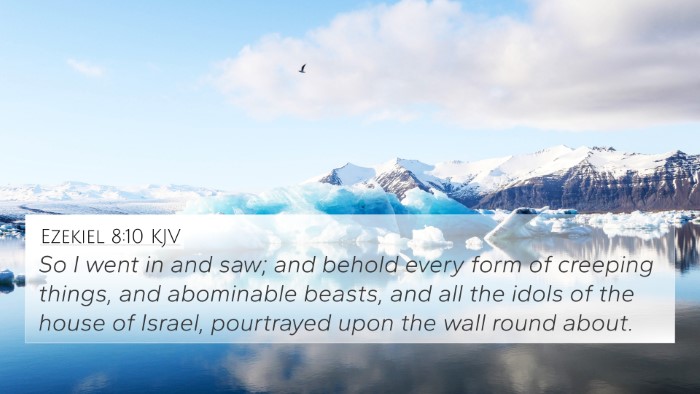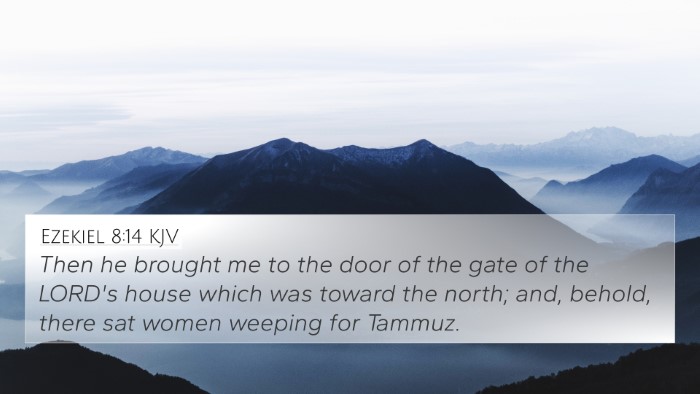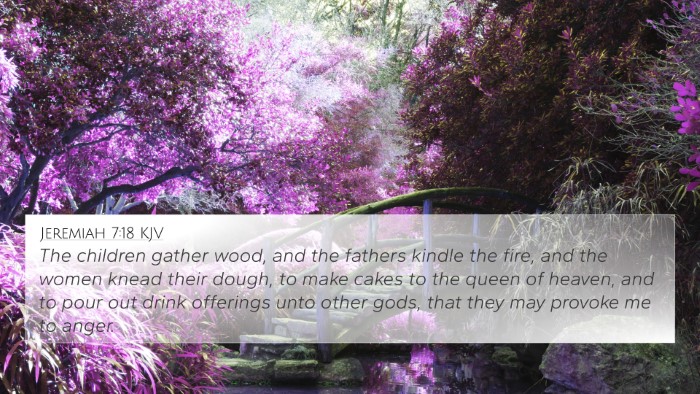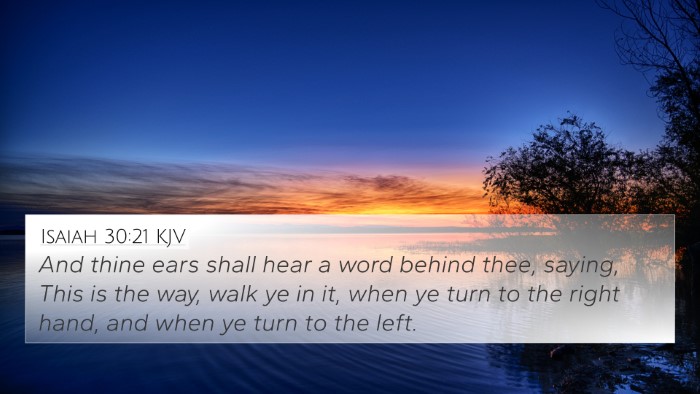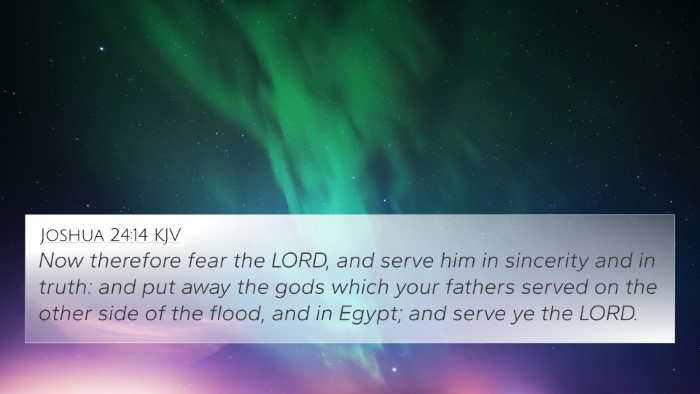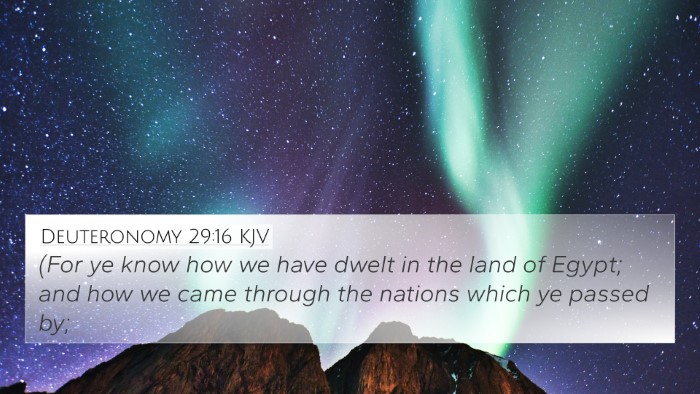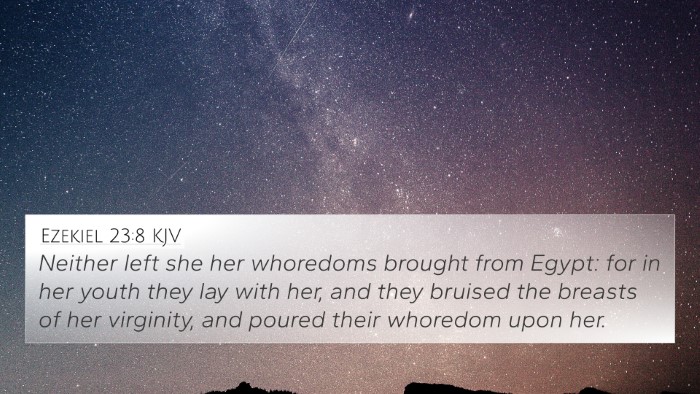Ezekiel 16:26 - Understanding the Verse
Bible Verse: Ezekiel 16:26 - "And you also committed harlotry with the Egyptians, your neighbors, great of flesh; and increased your harlotry to provoke Me to anger."
Summary of Meaning
This verse conveys a critical message from the Lord to the people of Jerusalem regarding their unfaithfulness and idolatry. The language here is vivid and metaphorical, representing spiritual infidelity as harlotry. The 'harlotry' refers to the people's alliances with Egypt, showcasing a failure to trust in God alone.
Commentary Insights
Multiple public domain commentaries provide valuable insights into this verse:
-
Matthew Henry:
Matthew Henry explains that the Israelites' alliance with Egypt symbolizes a deeper spiritual unfaithfulness to God. Instead of seeking God's guidance and protection, they turned to foreign powers, thus provoking the Lord's anger. This harlotry represents their failure to remain faithful, and instead, they engaged in tumultuous relationships that led them away from the covenant.
-
Albert Barnes:
Albert Barnes emphasizes the significance of the phrase "great of flesh." This denotes the allure of Egypt's material wealth, might, and pleasures that led the people to forsake true devotion to God. Barnes further discusses how their actions not only brought about divine displeasure but also demonstrated a lack of faith and understanding of God's covenant promises.
-
Adam Clarke:
Adam Clarke provides a historical context for the verse, highlighting how the Israelites frequently sought alliances with surrounding nations instead of relying on God's strength. Clarke notes that this behavior is consistently condemned throughout the scriptures, marking a pattern of disobedience and a desire for worldly means of security rather than spiritual fidelity.
Bible Verse Cross-References
Ezekiel 16:26 connects with several other biblical texts that address similar themes of unfaithfulness and God's call for repentance:
- Jeremiah 2:18: "And now, what do you gain by going to Egypt to drink the waters of the Nile? Or what do you gain by going to Assyria to drink the waters of the Euphrates?" - This verse highlights the futility of seeking security in foreign nations.
- Isaiah 30:1-5: This passage rebukes those who trust in Egypt for assistance, emphasizing the futility of such alliances.
- Hosea 1:2: "When the Lord began to speak through Hosea, the Lord said to him, 'Go, take to yourself an adulterous wife and children of unfaithfulness, because the land is guilty of the vilest adultery in departing from the Lord.'" - A parallel to Israel’s spiritual harlotry.
- Ezekiel 23:3: Another metaphorical description of Israel’s unfaithfulness, comparing the nation to two sisters who committed acts of harlotry.
- Deuteronomy 28:68: "The Lord will send you back in ships to Egypt on a journey I said you should never make again." - A prophecy linked to disobedience and reliance on Egypt.
- James 4:4: "You adulterous people! Don't you know that friendship with the world means enmity against God?" - A New Testament reminder of the spiritual implications of unfaithfulness.
- 2 Kings 17:4: Describes how Israel broke faith with the Lord by seeking alliances with Assyria, showcasing a historical pattern of unfaithfulness.
- Psalms 106:35-36: "But they mingled with the nations and adopted their customs. They worshiped their idols, which became a snare to them." - A historical reflection of Israel's tendency to stray into idolatry.
- Isaiah 31:1: "Woe to those who go down to Egypt for help, who rely on horses, who trust in the multitude of their chariots." - A clear admonition against seeking help from foreign powers instead of God.
- Revelation 2:20: The call against the church in Thyatira for tolerating false teachings echoes the theme of spiritual fidelity discussed in Ezekiel 16:26.
Thematic Bible Verse Connections
The theme of spiritual fidelity and the consequences of unfaithfulness recur throughout scripture. Establishing connections between these verses can yield a comprehensive understanding of God's expectations of His people.
Comparative Bible Verse Analysis
When analyzing Ezekiel 16:26 in the context of the entire biblical narrative, several patterns emerge:
- The continuous call for faithfulness and loyalty is evident from the Old Testament through to the New Testament, demonstrating a God's unchanging desire for a devoted relationship.
- The metaphor of harlotry serves as a powerful image, utilized by multiple prophets to convey the severity of infidelity towards God.
- Cross-referencing various texts illuminates the historical and theological implications of turning away from God toward external forces for aid and validation.
Tools for Bible Cross-Referencing
For those studying the scripture, employing tools for Bible cross-referencing can enhance understanding. Consider using:
- Bible Concordance: This tool helps in locating specific verses and their themes.
- Bible Cross-Reference Guide: Provides systematic references to related scriptures, enabling deeper study.
- Cross-Reference Bible Study Methods: Allows for effective exploration of prevailing themes across the biblical text.
Practical Application
Understanding the context and implications of Ezekiel 16:26 has relevance today for personal spiritual growth:
- It encourages believers to assess their own alliances and loyalties in life.
- Promotes the idea of seeking God above all else rather than relying on worldly resources.
- Calls for a return to purity and faithfulness in one's relationship with God.
Conclusion
Ezekiel 16:26 serves as a poignant reminder of the spiritual dangers of turning away from God in favor of earthly security. By examining cross-references and thematic connections, we attain a richer understanding of our relationship with God and are guided back to faithfulness.
